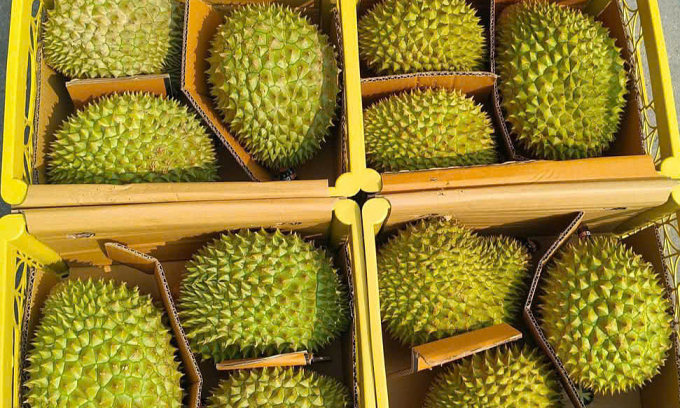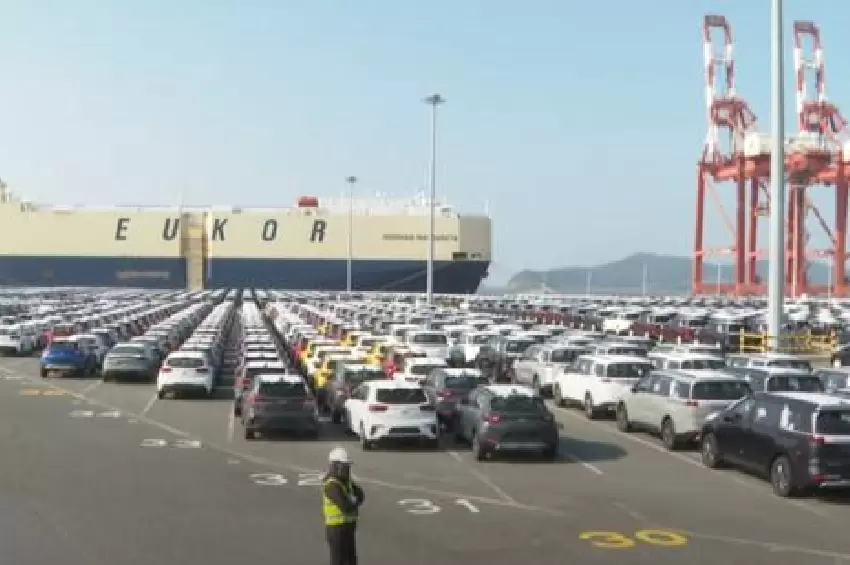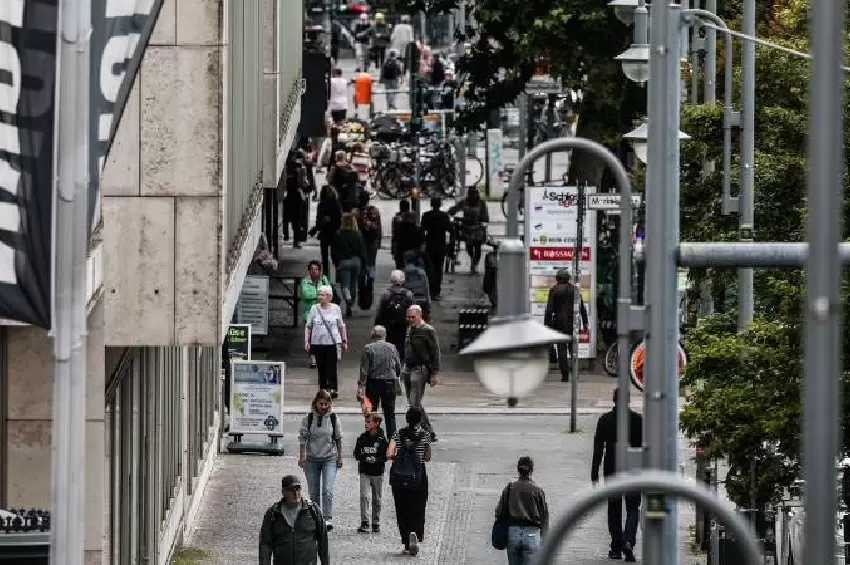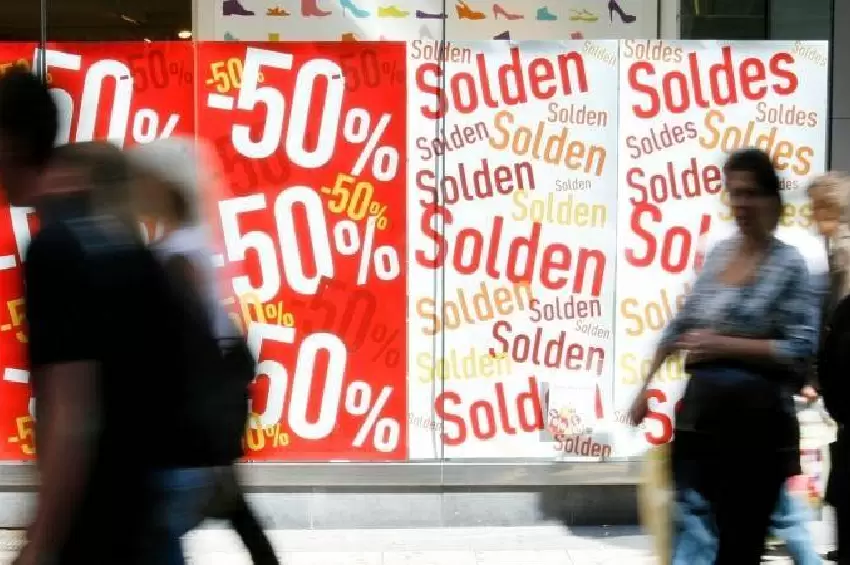Export Challenges Lead to Significant Losses for Vietnamese Durian Businesses
Doan Van Ven, General Director of Anh Thu Dak Lak Co., Ltd., revealed a major setback for his company, having to recall 10 containers of durians, totaling 170 tons, after failing to clear Chinese customs. This issue stems from China's implementation of stricter standards, particularly the requirement to test for Auramine O, a chemical with potential carcinogenic risks.
Of the 10 containers, five were returned by Chinese customs due to a lack of required Auramine O certification, while the remaining five were redirected to Hanoi for domestic sale. Ven stated, "We will sell at lower prices to minimize losses, accepting a deficit of over VND10 billion (US$394,790)."
He further explained the urgency of the situation, noting that his company’s containers had been stuck at the border for over 10 days, risking spoilage if delayed further for customs clearance and transportation.
Industry-Wide Impact and Adaptation Efforts
Anh Thu is not the only company facing these challenges. Ngo Tuong Vy, General Director of Chanh Thu Co., Ltd., highlighted that the entire durian export industry is grappling with the new inspection regulations. Chanh Thu has also paused shipments to China to study the new requirements and prepare the necessary documentation, with plans to resume exports once all procedures are complete.
China introduced the requirement to test for Auramine O after detecting traces of the chemical in several Thai durian shipments in late 2024. This sudden regulatory change has left many Vietnamese businesses struggling to adapt quickly, leading to returned or delayed shipments.
Customs Clearance Slowdown and Future Outlook
Phung Van Ba, Deputy Head of the Sub-department of Customs of Huu Nghi border gate in Lang Son Province, reported a significant decline in durian shipments being cleared daily. The number dropped from 70–80 trucks during the same period last year to only 20–30 trucks now. Despite most shipments from Vietnam being categorized under the "green lane," meaning they are not subject to stringent inspections on the Vietnamese side, customs clearance remains slow due to China’s tighter inspection processes.
Ba emphasized the importance for businesses to promptly update themselves on the new requirements and thoroughly prepare their documentation to avoid rejection. In response to these challenges, Vietnam's Plant Protection Department has urged local authorities to strengthen monitoring and tighten inspections to maintain the quality and reputation of Vietnamese fruit in the international market.
In 2024, Vietnam’s durian exports reached a record high of $3.3 billion, accounting for nearly half of the country’s total fruit and vegetable export value, with China remaining the key market. Vietnam aims to increase durian exports to US$3.5 billion in 2025, contributing to its goal of reaching $10 billion in total fruit and vegetable export value in the near future.

Durian boxes weighing 8–9 kg, originally intended for export by businesses in Dak Lak in the Central Highlands, are now being sold cheaply in the domestic market. Photo by Doan Van Ven









Comments